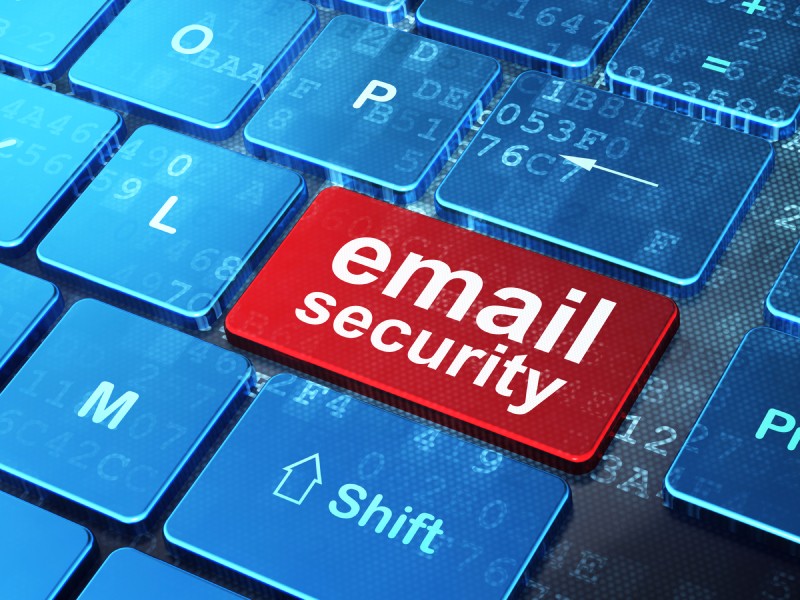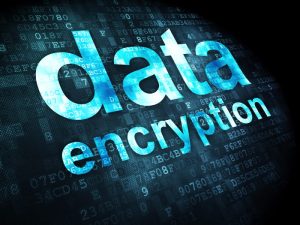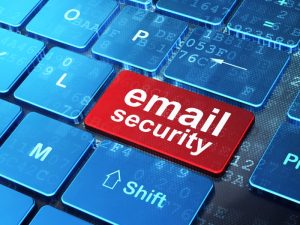Email can be a useful communication tool for firms, allowing them to keep in contact with suppliers, customers, colleagues, and contacts quickly. It can also help them share important information with detailed responses and attached files. Today’s email providers also allow accounts to be easily searched for relevant data, and to keep a record of conversations, making them a reliable resource.
While using email offers these benefits and many more, accounts and the messages they send must have adequate security if they are to be used safely. Messages often contain information of a confidential nature effectively making email accounts vast private data stores. In this blog, we’ll look at three common security weaknesses many companies must tend to. Read on to find out if they apply to yours.
Do you use appropriate password policies?
Email accounts are usually protected by a username-password combination. Usernames are often easy for hackers to guess, which puts pressure on passwords to be powerful and hard to crack. Using a password comprised of three unrelated words is recommended by the UK’s National Cyber Security Centre because it offers a balance between it being difficult to break but easy to recall.
Multifactor authentication must be set up on email accounts as an added layer of defence against threat operators compromising accounts. Staff must be discouraged from sharing credentials and company devices with other and using the same password for multiple online accounts to improve security.
Are you using email encryption?
Sending emails without encryption can quickly result in a data breach. An email may be intercepted by an attacker or simply transmitted to the wrong recipient, but if the message’s content is sensitive, such an event, it can be classified as a data leak. By adding encryption, companies can make sure that their emails can only be read by those they are intended for. However, it is vital that the solution used is not difficult to employ or there is a risk that your personnel will simply not use it efficiently. For this reason, whenever possible, select a user-friendly system.
Does your solution encrypt email attachments?
Finally, make sure that the encryption software you choose also covers any email attachments. A great deal of private data is included in documents sent out with emails, such as sales and customer databases, invoices, and financial and legal agreements.
Experts in email security
At Galaxkey, we have designed tools to enhance enterprise email security. No passwords are stored on our system where they can be compromised, and our encryption software has been officially approved by the National Cyber Security Centre.
Based on the government’s standard onion model, our end-to-end encryption has three layers, offering robust protection, but is exceptionally simple to deploy with a single mouse-click. Along with rendering the body copy of your emails indecipherable to unauthorised individuals, it will also encrypt any attached documents you wish to include in your communications.
To enjoy these benefits and a host of other email security features, like email timeout and recall, contact our technical team today and book a free 14-day trial of our secure solutions.



